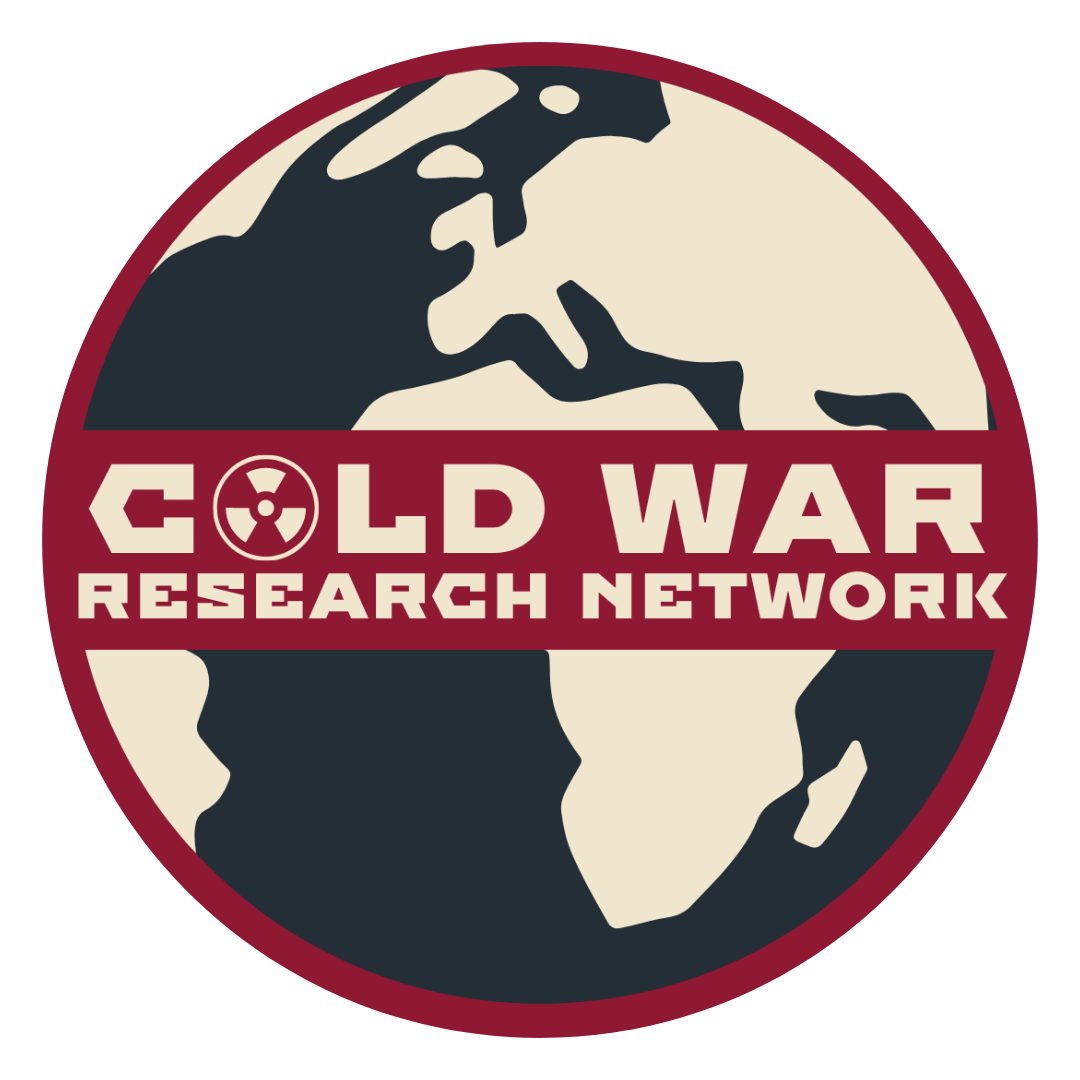Dr. Cristina Blanco Sío-López
You will discover figures and groups that defied any apparent form of status quo to dare to design alternative scenarios beyond confrontation, submission and conformity. That is, indeed, an evergreen perspective we will never stop learning from.
Dr. Patcharaviral Charoenpacharaporn
It enables one to see how things got to be as they are, not least in the geopolitical landscape, the economic disparity, as well as the volatile domestic politics in many parts of the world.
Dr. Debby Esmeé de Vlugt
I see that many of the protest movements that are popular now find their roots in activist networks that emerged within the particular context of the Cold War. Examples include the contemporary climate movement, which finds its roots in the antinuclear movement, and the Palestinian freedom movement, which can be linked directly to the Third World liberation movements of the twentieth century.
Dr. Dario Fazzi
The historical study of the Cold War gives us insights into the relevance of ideologies, alliances, and structures of power in regulating international affairs.
Dr. Frank Gerits
The demise of communism as an alternative ideology has distorted present day understandings of politics.
Dr. Esmaeil Haddadian-Moghaddam
Because the legacy of the Cold War is with us.
Dr. Evanthis Hatzivassiliou
The Cold War has shaped the contemporary world and its impact lies in the foundations of the methodologies of government, perceptions and the structure of the international system of today.
Professor Dr. Jan Hofenaar
The Cold War holds up a mirror to us of where and why international relations could have been so tense for so long; how enemy images could lead to distortion of each other’s intentions; where opportunities for improvement in relations were missed etc.
Dr. Alessandro Iandolo
The battle between socialists and liberals was (and still is) at the core of politics, economics, and culture worldwide. For this reason, it’s easy to “weaponize” the Cold War and claim everything is a “new” Cold War.
Professor Dr. Sandrine Kott
If we analyse the Cold War period in a nuanced way, we can see that it is important to question the way actors interpreted the period. The same critical work needs to be done today.
Dr. Jos van der Linden
If only a fraction of the energy devoted to the present-day rhetoric about a war in Europe […] would be used to raising public awareness of the possible perceptions and fears of the other side, the security of both Russia and the West would be greatly enhanced. Explaining the many misunderstandings that occurred during the Cold War can help in doing just that.
Dr. Ruud van Dijk
It is the pre-history of our time and many of its characteristics persist in one form or another.
Professor Emeritus Vojtech Mastny
To avoid drawing wrong lessons from the Cold War – an untypical war resulting from a concurrence of historical circumstances unlikely to ever recur.
Dr. Fernando Camacho Padilla
The Cold War, like all global political processes, is important to study in order to draw lessons for a better understanding and to preserve world peace.
Dr. Simeon Paravantes
A more complete understanding of the Cold War helps us to re-discover the values upon which open societies function, and what it is that make such societies unique in human history.
Dr. Effie Pedaliu
Cold War antagonism shaped not only the international system but also the domestic and economic development of states – even whole regions – in ways that are still evident.
Professor Dr. Johny Santana de Araújo
The relevance is indisputable due to the production of memory, meanings and the broad cultural aspect involved, constituting a very current universe.
Dr. Rasmus Sinding Søndergaard
Studying the Cold War provides invaluable insights into the historical, geopolitical, and strategic dimensions of current international affairs.
Dr. Liliane Stadler
As time passes, more archival materials from the Cold War period become publicly accessible for researchers, practitioners, and members of the interested public.
Professor Dr. Ioannis Stefanidis
The period between 1945 and 1991 offers important insights, e.g. to the ability of the superpowers to internalize and respect the nuclear taboo, or the perils of military interference in treacherous, third world terrain.
Luke Thrumble
More than any other historical subject, the Cold War sets the stage for the state of international relations today. Whether it’s Russian revanchism on the rise, the Chinese ascent to global power status, perennial calamity in the Middle East, or the erosion of Western-style democracy around the world, the contours of the Cold War loom high in the rear-view mirror.

